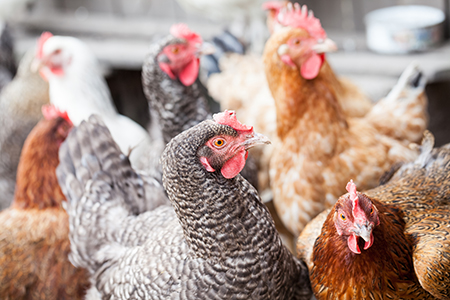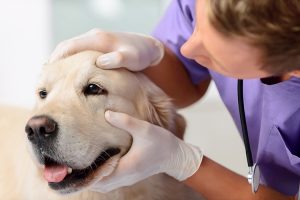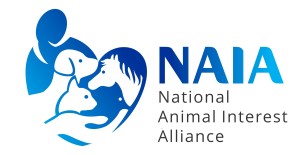 Agriculture, Animal Husbandry, Animal Science, Veterinary Issues, Wildlife Conservation
Agriculture, Animal Husbandry, Animal Science, Veterinary Issues, Wildlife Conservation  No Comments
No Comments Avian Influenza Wreaking Havoc on Domestic Chickens. Hard Road Ahead.
With inflation being such a major news item all throughout 2022, the recent spike in egg and poultry prices may have slid under your radar as part of the general increased cost of living. However, if you break it down, a dozen large, grade A eggs cost 60% more than they did a year ago – more than seven times higher than last year’s rate of inflation! – and this increased cost is due to something far more dire than disruptions to the supply chain: it’s avian influenza. It is back in a big way, in an outbreak the USDA is calling the largest animal emergency they have ever faced in this country.
We are all probably aware of avian influenza, at least to the extent that it exists and makes birds sick. But there’s a lot more to it than that. There are several strains of the virus, and more importantly, it is split into two groups: low pathogenic avian influenza (LPAI) and highly pathogenic avian influenza (HPAI). LPAI, as you may have already guessed, is not as lethal and has a wide range of outcomes: infected birds may suffer from zero clinical signs of the virus, they may sicken enough to die from it, or fall somewhere in between on the spectrum. Despite the fact many birds recover from it, it is still a problem as well as worrisome, since two of the strains are known to mutate into highly pathogenic forms. HPAI, the group threatening farmer’s flocks right now, spreads more rapidly and is far more deadly – especially to domestic poultry.
Since last February, more than 58 million birds have been culled due to the virus, 40 million of them egg-laying chickens. These numbers are despite improvements in monitoring and biosecurity protocols since the last major outbreak in 2015. And unfortunately, preventing and limiting outbreaks could become even more difficult as time progresses, since HPAI appears more and more prevalent in wild birds. Unlike chickens, numerous wild birds carry HPAI without showing serious signs of illness… and they migrate all throughout the world.
Commercial and backyard farmers, the USDA, researchers, and others are all working to find ways of protecting the animals we care for from this terrible illness, but it has been a painfully difficult path, and sadly, there is no obvious quick fix on the horizon.
Resources
★ USGS: What are the different types of avian influenza?
★ Grizzly bears test positive for bird flu in Montana, officials say




